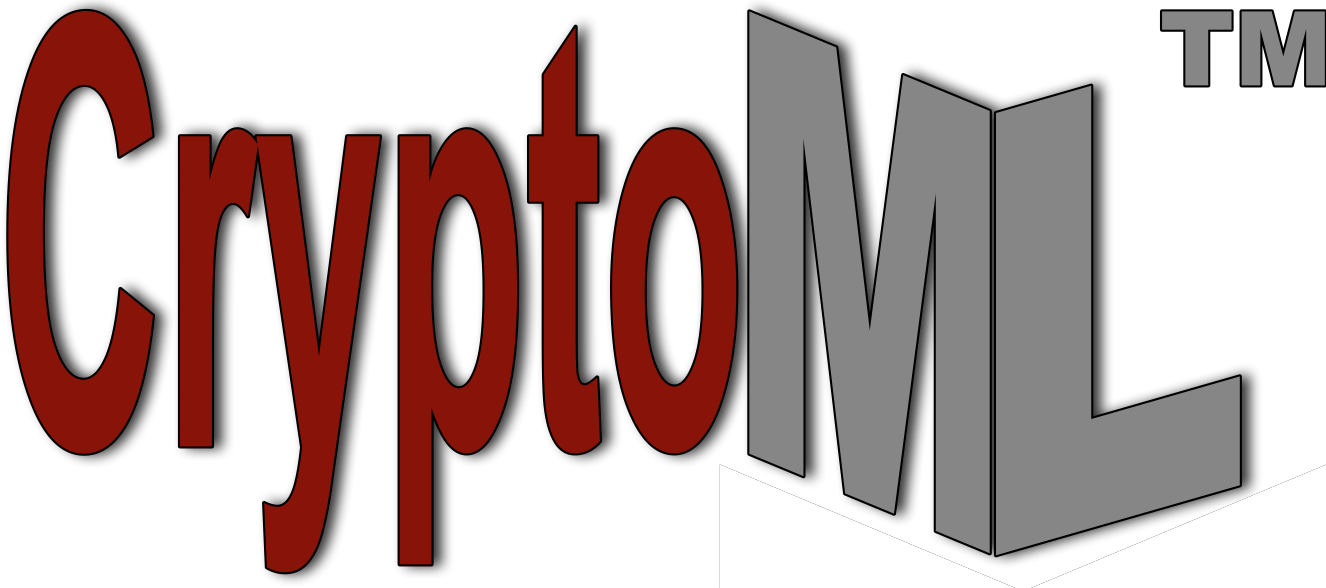Crypto FAQ: What is the Blockchain Trilemma?
The Blockchain Trilemma refers to a theory that decentralized networks, such as blockchains, at any given time can only guarantee two of the following three benefits: decentralization, security, and scalability. Stated otherwise, any blockchain protocol must make design tradeoffs among the three potential benefits: decentralization vs. security vs. scalablity.
As of this writing there is no known blockchain protocol implementation that is decentralized, scalable, and secure.
Historical Note: The Blockchain Trilemma theory may be considered an evolution of the CAP Theorem in computer science, which posits that it is impossible for a distributed data network to guarantee more than two of the following benefits at any given time: consistency, availability, and partition tolerance.
The first of the following two videos introduces the concept of the blockchain trilemma. The second is an interview with Algorand founder Silvio Micali -- in particular, between 0:50 and 6:00, Micali describes the blockchain trilemma why he believes Algorand solves it:
DISCLAIMERS
NO INVESTMENT ADVICE
The information provided on this website does not constitute investment advice, financial advice, trading advice, legal advice, or any other sort of advice, and you should not treat any of the website's content as such. CRYPTOCURRENCY WORKS does not recommend that any cryptocurrency should be bought, sold, or held by you. Do conduct your own due diligence and consult your financial advisor or legal advisor before making any investment decisions.
ACCURACY OF INFORMATION
CRYPTOCURRENCY WORKS will strive to ensure the accuracy of information provided on this website, although it will not hold any responsibility for any missing or erroneous information. CRYPTOCURRENCY WORKS provides all information as is. You understand that you are using any and all information available here at your own risk.
CRYPTOCURRENCY WORKS and Cryptocurrencyworks.com are trademarks of PivotPoint Technology Corporation. All other product and service names mentioned are the trademarks of their respective companies.

